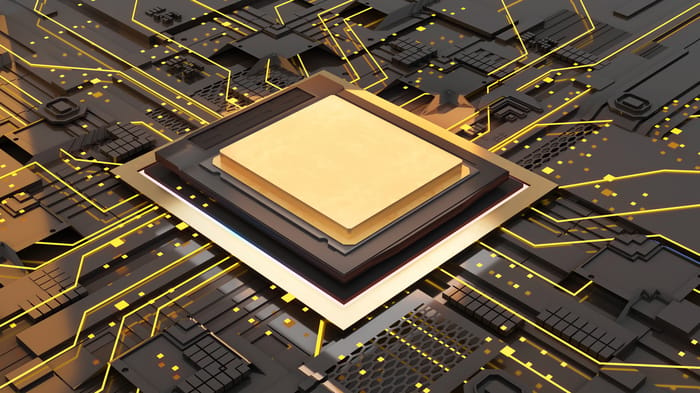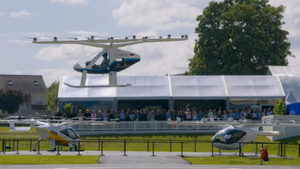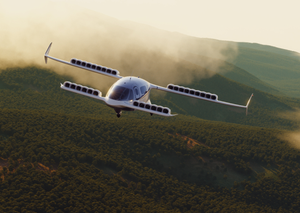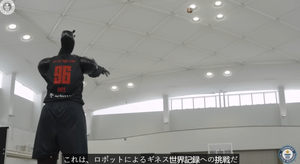GM, Mastercard Want Your Car to Pick Up the Tab for That Latte
Most consumers have yet to figure out how to pay for their daily lattes using their smartphones. But that hasn’t stopped automakers from adding digital wallets to cars, too.
January 23, 2017

In-car payments, long just a pipe dream on the research floors at big automakers, are finally ready to make their real-world debut. Honda Motor Co. showed off a prototype at CES 2017 in Las Vegas earlier this month that lets drivers pay for parking or gas without ever reaching for their credit card. General Motors Co. and Kia Motors Corp. may offer a similar feature as soon as this year. And Volkswagen AG purchased PaybyPhone, a provider of parking-meter mobile payments, in a deal last month.
The idea is to make better use of the 48 minutes that the average American spends in the car each day. Initially, the usefulness of the technology will be limited to things like tolls and the fast-food drive-through. Within the next 10 years, as self-driving cars catch on, automakers envision vehicles that double as major e-commerce hubs, with consumers shopping for clothing and groceries to be picked up curbside on the way home from work.
“All the carmakers are at various stages of readiness, but they’re all working on it,” said Jim McCarthy, global head of innovation and strategic partnerships for Visa Inc., which joins Mastercard Inc. in the race to enable payment capabilities for automakers. “It’s just convenience, it’s kind of like Uber.”
Carmakers expect the digital wallets to catch on as the number of connected autos — vehicles with built-in satellite, cellular, Wi-Fi or Bluetooth — expands. This year, the global figure with cellular connectivity alone will rise to 65.7 million cars, up from 40.4 million in 2016, according to researcher Gartner Inc.
At CES 2017, Gentex Corp. hyped a technology embedded in rear-view mirrors that could make car payments more secure by scanning a person’s iris to verify his or her identity. The technology should be in cars next year, said Salil Prabhakar, chief executive officer of Gentex’s iris-recognition technology supplier Delta ID Inc.
Smart Parking Meters
The infrastructure behind parking meters, gas pumps and restaurants may take awhile to catch up. Parking meters — able to notify drivers when they are available and to accept payments — may be among the first to come online, but gas stations are typically expensive and slow to upgrade. Still, there will be 9.7 billion connections in the so-called Internet of Things that will be used by smart cities by 2020, up from 1.1 billion last year, according to Gartner.
The major hurdle will be convincing consumers to adopt the technology when pay-by-phone apps already have the head-start, said Chetan Sharma, an independent wireless analyst. Not surprisingly, California has the highest concentration of early users of the budding technology, but even there only about 1 percent of transactions on Black Friday were conducted using smartphones, according to Cayan LLC.
“You don’t have to do it in-car, you can do it from a smartphone,” Sharma said in an interview. “That’s why a lot of these things have never taken off. Depending on how seamlessly it’s integrated, it can make an impact.”
GM will have 2 million cars with the pre-installed OnStar Go app on the roads by the end of the year, and drivers will be able to pay with a digital wallet built into the car known as Masterpass, said Kiki Del Valle, a senior vice president at Mastercard, GM’s payment partner. (Don’t worry, she says, consumers can disable the feature when they drop the car off with the valet.)
Kia is doing internal tests of an app that drivers would download on their phone and link to a credit card, said Henry Bzeih, managing director of the company’s connected and mobility division. The vehicle will connect to the app and display information on the dashboard “so customers don’t have to fiddle with their phones while driving,” Bzeih said. “Voice recognition is integrated. The whole experience is the same as if you do it on the phone.”
About the Author
You May Also Like






